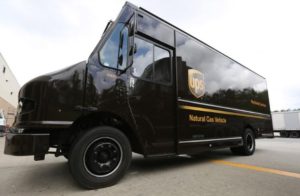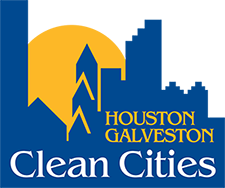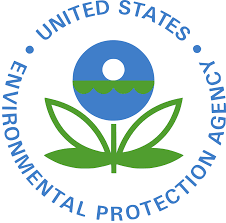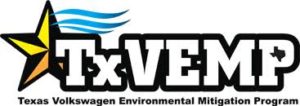UPS continues to bank on alternative fuels being the future of its fleets, announcing plans to purchase more than 6,000 natural gas-powered trucks between 2020 and 2022.
United Parcel Service Inc. (NYSE: UPS) said Monday the three-year commitment represents a $450 million investment in expanding the company’s alternative fuel and advanced technology vehicle fleet, as well as supporting infrastructure.
As part of the move, UPS said it entered into an exclusive agreement with Agility Fuel Systems, a subsidiary of Norway-based Hexagon Composites, to purchase compressed natural gas (CNG) fuel systems for a combination of heavy- and medium-duty trucks and terminal tractors.
UPS said the deal builds on previous CNG investments: $130 million in 2018, $90 million in 2017 and $100 million in 2016. It also complements the Atlanta-based logistic giant’s May 2019 commitment to purchase 170 million-gallon equivalents of renewable natural gas (RNG) from Clean Energy Fuels Corp through 2025.
Vehicles equipped with CNG fuel systems can interchangeably use RNG and conventional natural gas. RNG is produced from landfills, dairy farms and other bio sources, yielding up to a 90% reduction in lifecycle greenhouse gas emissions when compared to conventional diesel, according to UPS.
Over the past decade, UPS says it’s invested more than $1 billion in alternative fuel and advanced technology vehicles and fueling stations to help meet its target of reducing greenhouse gas emissions by 12% across its global ground operations by 2025.
Since 2016, Agility Fuel Solutions provided natural gas fuel storage and delivery systems to more than 1,700 UPS trucks. Under the new agreement, Agility builds end-to-end natural gas systems for heavy-duty gas trucks, terminal tractors and medium-duty walk-in vans, which are UPS’s familiar brown delivery trucks.
UPS said it will deploy the new vehicles on routes utilizing its partnership with TruStar Energy, which is designing, manufacturing and installing five CNG fueling stations in California, Texas and Ohio. UPS said that by the end of 2019 it will be operating 61 natural gas fueling stations strategically located across the U.S., and outside the U.S. in Vancouver, Canada, and Tamworth, United Kingdom.
UPS says it deploys more than 10,000 low-emission vehicles that can vary from all-electric, hybrid electric, hydraulic hybrid, ethanol, CNG, liquefied natural gas and propane.


